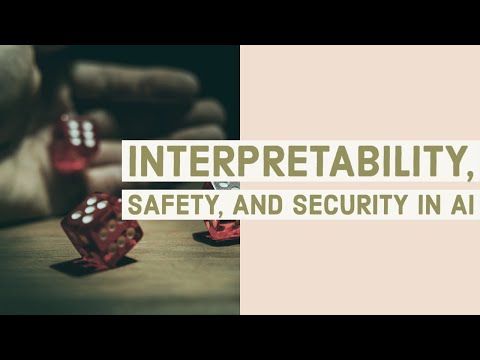Description:
Explore cutting-edge techniques in predictive inference with Stanford University's Emmanuel Candes in this 59-minute conference talk from the Alan Turing Institute. Delve into novel calibration methods addressing critical issues in machine learning, including Learn then Test for explicit finite-sample statistical guarantees and adaptive conformal inference for maintaining prediction coverage despite distribution shifts. Discover how these approaches can be applied to various domains, from multi-label classification and instance segmentation to economic forecasting during major world events. Gain insights into the latest advancements in trustworthy artificial intelligence, covering topics such as machine learning accountability, fairness, privacy, and safety. Follow along as Candes discusses data ethics, conformal inference, prediction intervals, and risk calibration, using real-world examples from medical service utilization, stock market volatility estimation, and county-level election result predictions.
Read more

Recent Progress in Predictive Inference - Emmanuel Candes, Stanford University
Add to list
#Computer Science
#Machine Learning
#Data Science
#Data Analysis
#Anomaly Detection
#Outlier Detection